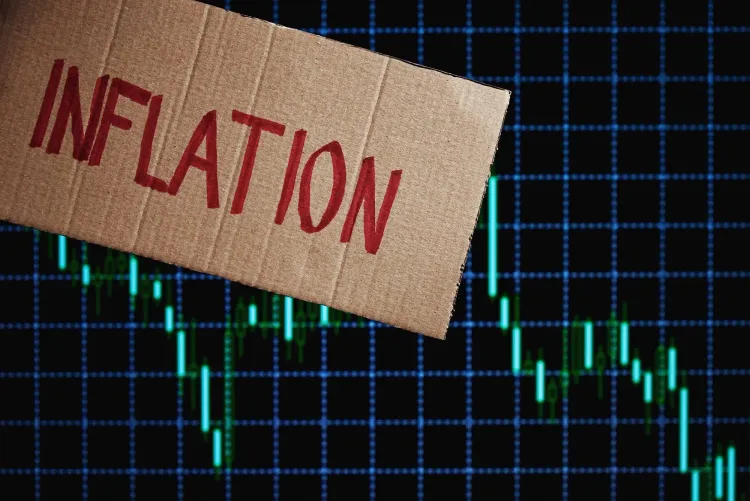What Impact Will Geopolitical Tensions, Oil Prices, and Inflation Data Have on Market Sentiment Next Week?

Synopsis
Key Takeaways
- Geopolitical tensions are likely to impact market sentiment.
- Watch for US Fed's policy meeting on June 17-18.
- Key domestic economic indicators will be released on June 16.
- Market volatility is expected due to external and internal factors.
- Investors should keep an eye on the Nifty's resistance and support levels.
Mumbai, June 15 (NationPress) The upcoming week promises to be pivotal for Indian stock markets, as global geopolitical events, crude oil prices, the anticipated US Fed policy decision, and significant domestic economic data are poised to shape investor sentiment.
A major contributor to potential global market fluctuations next week is the escalating Israel-Iran conflict.
Recent tensions in the Middle East have already left a noticeable mark on Indian markets during previous sessions.
The US Federal Reserve is scheduled to conduct its policy meeting on June 17-18. Investors worldwide, including those in India, will be attentive to the Fed’s perspective on interest rates and inflation, which could affect foreign capital flows.
On the home front, India is set to unveil its wholesale inflation (WPI) and trade balance data for May on June 16. These figures are expected to influence market trends in the short term.
Last week, Indian equities faced a widespread sell-off, primarily due to international factors.
The benchmark indices, Nifty and Sensex, finished over 1 percent lower at 24,718 and 81,118, respectively.
The downturn was spearheaded by sectors including FMCG, real estate, PSU banks, and consumer goods, all declining by more than 2 percent.
Conversely, pharmaceutical, IT, and media stocks managed to gain some ground, providing limited support to the market.
Foreign institutional investors (FIIs) were net sellers last week, divesting shares worth Rs 1,246 crore.
In contrast, domestic institutional investors (DIIs) were net buyers, injecting Rs 18,637 crore into the cash segment.
According to Bajaj Broking, the Nifty has been consolidating within the 24,400-25,200 range over the past month and is likely to remain within this zone next week as well.
However, should geopolitical tensions escalate further and the index dip below the lower end of the range, it might test the 24,000 level.
“On the upside, the 25,000 level continues to serve as a critical resistance. A breakout above this level could potentially indicate a halt in the recent downtrend,” the brokerage firm remarked.










